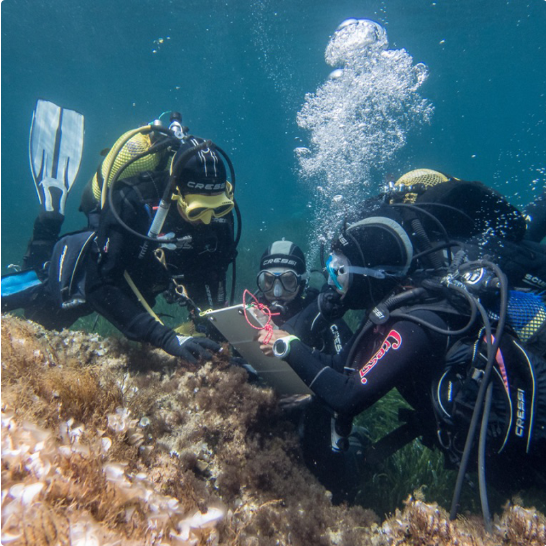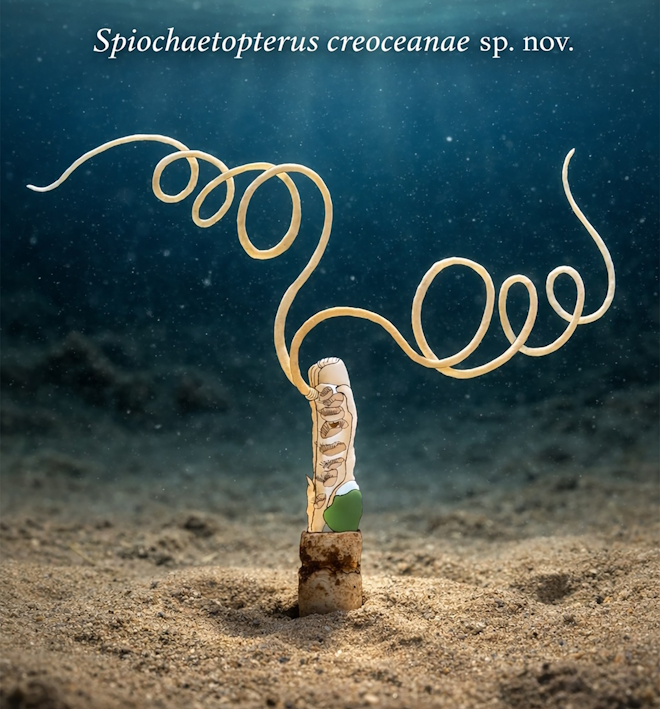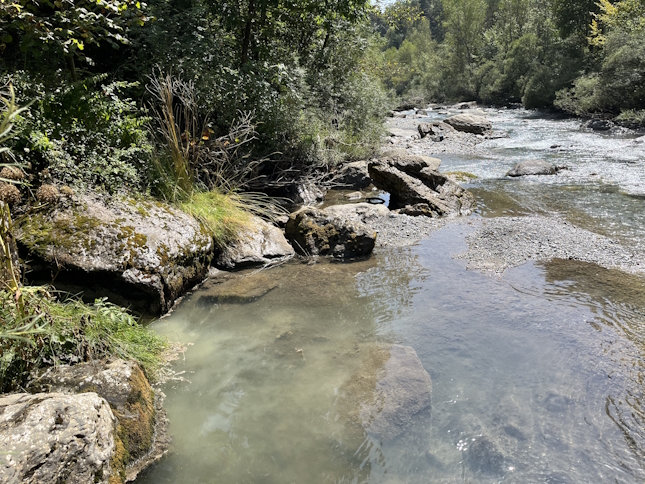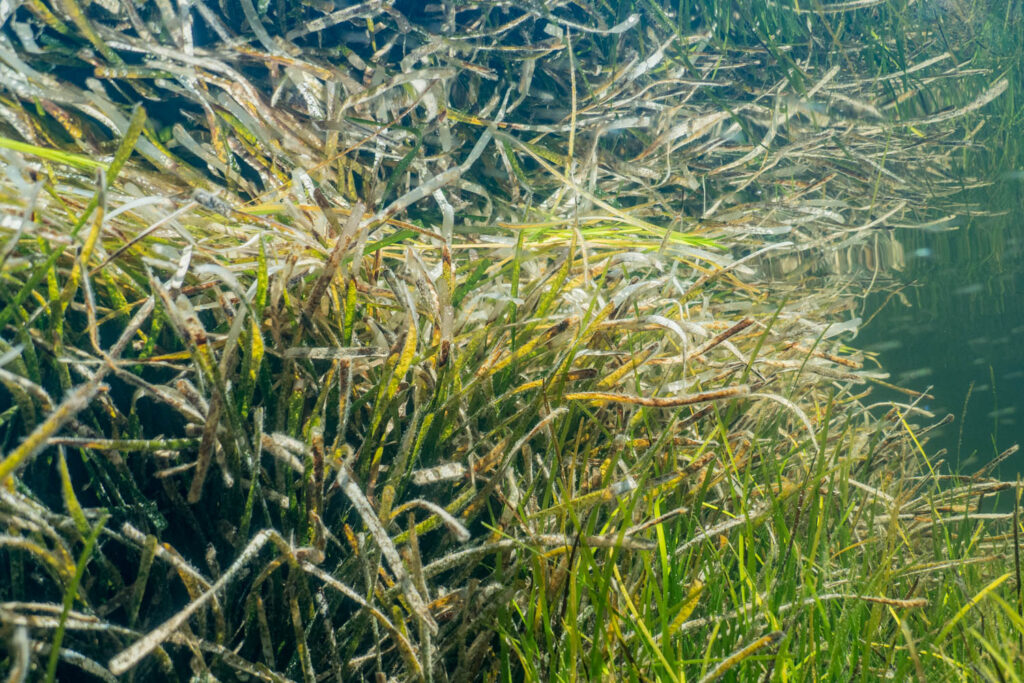The research aims to understand state change transitions in benthic marine systems by multiple physical and biological stressors. In particular, the transitions of vegetated ecosystems and especially in the collapse of macroalgae forests becoming bare and unproductive rocky areas.
Natural surveys are combined with manipulative experiments (field and laboratory) and mathematical models to conceptualize collapses in marine ecosystems, identify tipping points, and quantify resilience.
The consequences of marine collapses for ecosystem goods and services and their link with socio-ecological changes are also studied, providing complementary approaches for the adequate management of benthic marine systems.
The research is closely linked to the effects of global change and how expected changes in the physical conditions of the environment can erode or increase the resilience of habitat engineers to propose conservation priorities and prevent the collapse of ecosystems that actually contribute to cushion its effects.









